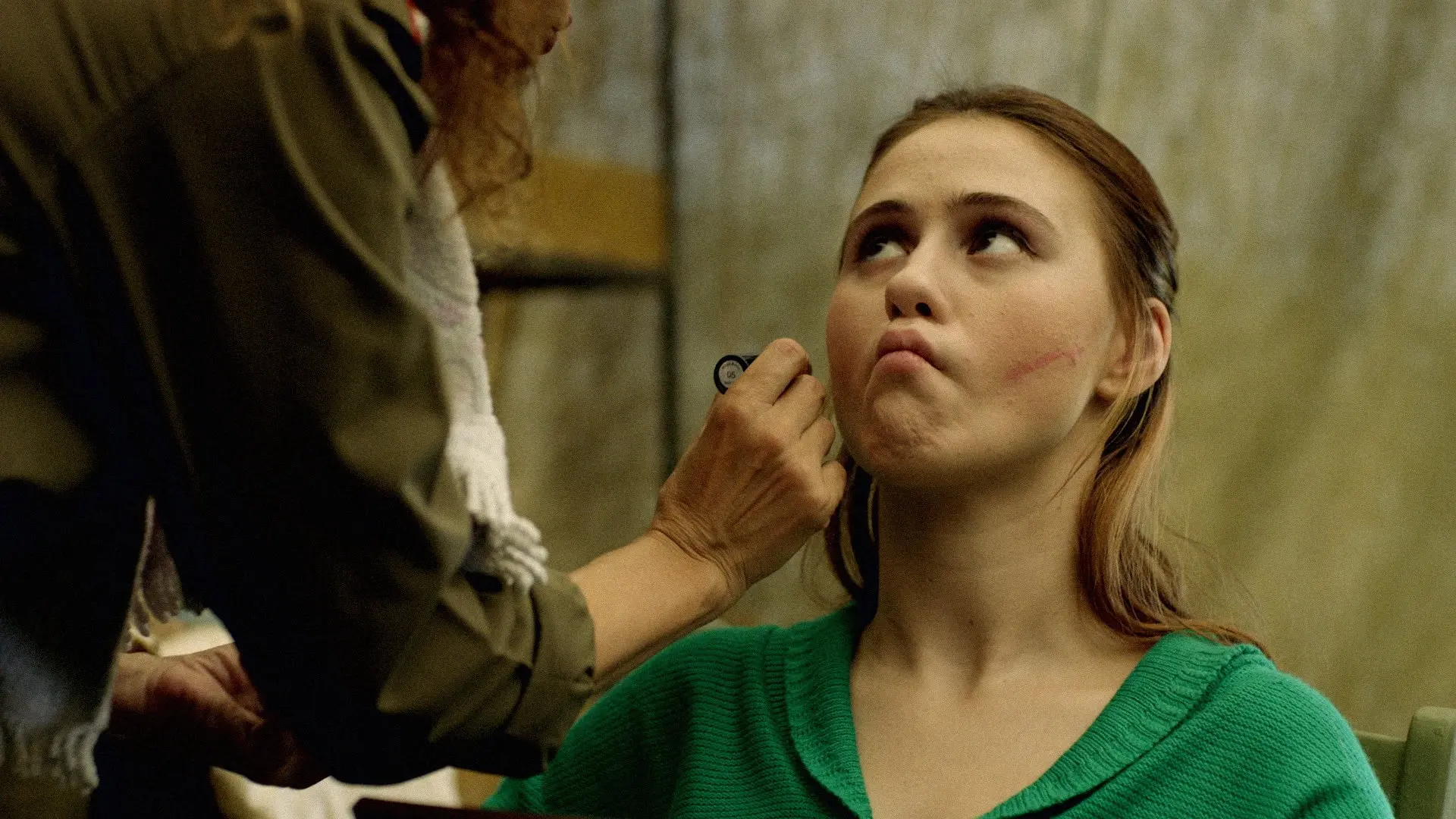Petar Valchanov and Kristina Grozeva’s “Triumph” takes us into the heart of a top-secret mission wherein the Bulgarian military attempts to source an unknown object deep underground. It’s the 1990s when the iron curtain has fallen, and Bulgaria is faced with a crippling lack of identity, grappling to find something to anchor herself. Digging starts in earnest. Valchanov and Grozeva take an approach that sticks to the elusive and suggestive.
Plentiful intrigue surrounds the particular capsule that is supposed to be on the other end of the search operation. But what could this object bring with it? Naturally, a capture of such an alien object carries triumphalist overtones. If this happened, it would sharpen the register of domination and control on the international stage. Bulgaria would gain massive confidence in her arsenal and thereby make proper moves motivated by the knowledge of having such a unique possession.
Mystery and speculation surround the object, but there’s the resolve to push further to secure it. It’s wild and bizarre how much the military authorities seem to put their weight behind a psychic, Pirina (Margita Gosheva), believing in her to guide them into unlocking the secrets of the capsule. She is invested with authority as quickly as all the powers are taken away from her. A cheeky power game erupts between Pirina and Slava ( Maria Bakalova), the daughter of the Army science department head, Colonel Platnikov ( Julian Vergov).
Pirina takes the girl under her wing despite the Colonel’s reluctance. She insists Slava has certain gifts and powers that will surely propel the mission in crucial directions. But Pirina is wary that she must be the one who is left in charge of the classified mission. Her measures are clouded in hokey tricks. It’s not clear to anyone what exactly it is that she’s doing. Only Slava seems to be picking up on the cues and seeing through.
Slava essentially becomes a medium. That’s how Pirina is intent on using her: a vessel of dialogue between humans and the alien, which is sending out coded messages. Soon, there are clashes as Slava starts taking charge and defying Pirina. She turns provocative and restless. She unleashes a volley of incendiary insinuations, suggesting Pirina may be misleading the mission. Who is manipulating whom? It’s a foggy prospect.

The tease of the film is in this ambiguity. Pirina and Slava are the most interesting characters in the movie. Even though the former borders on generic characterization, it’s compelling to watch the power play unfold in the specific zone. Many repressed sentiments and emotions uncork in the climax. They powerfully reverberate throughout the film, popping up in snatches.
The film would have benefited from a sharper delineation of the army officers. There’s obviously a tangle of orders and secrecy involved, but the film doesn’t prod into that mess. There’s a coyness about its handling. This is a politically touchy matter, yet the operation feels too removed. It’s one thing to show a silo-like zone, quite another to wholly elide the many, inevitable loaded implications underpinning the mission. It’s all too vague and sketchy.
Some but too little context is dispensed via the radio-broadcast news. Foggy terms like deactimination and Seventh Zone are flung about as if to burnish the credentials of the operation merely, but they don’t do much to bring a fundamental clarity. Stock-type scenes prop up. I wasn’t very convinced of the tunnels either. The film is pasty in this regard. Specificity to the era and the setting is starkly missing, as are the lingering traces of intended subtexts.
Nevertheless, these issues don’t entirely negate the film. It retains an edge that ironically yet successfully stems also from the thinness and obscureness of the treatment. Bakalova is alluring and projects an alien-like demeanor. There’s a strong tinge of unearthliness the actress brings. We don’t really get to know Slava in great detail. But the actress keeps us riveted. The distance the character is laced with lends her dignity, especially since she is viewed as nothing but to be tossed around. That’s the fate Pirina also experiences. As long as the film circles these two women, “Triumph” is compelling.




![Photograph [2019] ‘NYIFF’ Review: A minuscule love story containing multitudes of suppressed emotions](https://79468c92.delivery.rocketcdn.me/wp-content/uploads/2019/03/Photograph-NYIFF-HOF1-768x511.jpg)
![Trapped [2017]: A compelling survival tale](https://79468c92.delivery.rocketcdn.me/wp-content/uploads/2017/03/trapped-image_640x480_41489653687.jpg)
![Hanging Gardens (Janain Mualaqa) [2022] ‘Venice’ Review: Children Learning The True Meaning Of Exploitation And Commercialization](https://79468c92.delivery.rocketcdn.me/wp-content/uploads/2022/09/Hanging-Gardens-2022-Review-768x576.jpeg)
